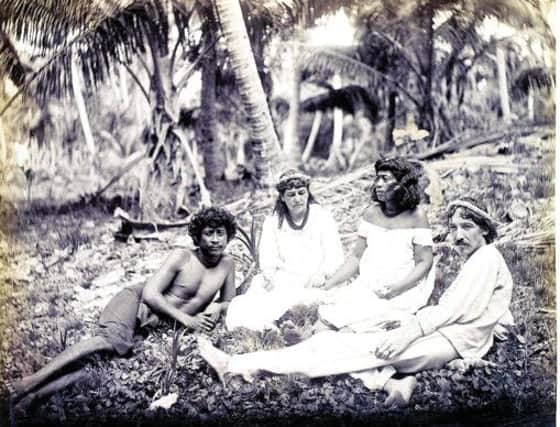Censored Robert Louis Stevenson work for release


The Amateur Emigrant details the harsh conditions of transatlantic emigration. Stevenson wrote it in 1879 when he chose to travel second cabin, one up from steerage, rather than in the middle-class saloon, out of both curiosity and financial hardship.
He was travelling to be reunited with his married American lover, a relationship which angered his family.
Advertisement
Hide AdStevenson’s father, on whom he was financially dependent, found the manuscript so offensive it was withdrawn from publication at proof stage in 1880 before being published in an abridged form in 1895, a year after his death, aged 44. Only sporadic editions with the full text have emerged, the first not until the 1960s.
Stevenson, who set sail from Glasgow to New York on the steamship SS Devonia, formed close links with the steerage passengers and wrote with political radicalism, exposing the reality of emigration as the last desperate act of those in poverty rather than a great adventure. He also slammed the British Empire, spoke to strikers, and concluded that his new friends were the superiors of the elite he had mingled with in Edinburgh.
The Scot Abroad, a talk about the book, is being given in Edinburgh on 13 November, which has been designated RLS Day to mark the author’s birthday. Dr Julia Reid, lecturer in Victorian Literature at Leeds University, who is giving the talk, said Stevenson’s writing conjured up George Orwell’s better known, but later, exposé of poverty.
“These chapters are really exciting and important. Stevenson found working-class men and women were superior in many ways to the people he normally associated with. He did what George Orwell later accomplished in Down And Out In Paris And London.
“He was also writing in advance of the of the phenomenon known as ‘slumming’, when well-off people wrote exposés of what was happening in the east end of London.”
“In the chapter ‘Steerage Scenes’, his description of “poverty tourists”, saloon passengers coming to gawp at the lower orders, is heavily censored. “We had been made to feel ourselves a sort of comical lower animal. Such a fine thing it is to have manners!”
Advertisement
Hide AdIn the following chapter “Steerage Types”, Stevenson’s glowing description of the people he met travelling in the overcrowded steerage class was also deleted.
Edinburgh International City of Literature has chosen “travel” as this year’s theme and after talks with the Association of Scottish Literary Studies (ASLS) decided to highlight The Amateur Emigrant for RLS Day. The chapters will be available online at http://bit.ly/rls-emigrant.
Advertisement
Hide AdDuncan Jones, director of the ASLS, said: “Stevenson has been extremely badly treated and is often dismissed as a children’s author, with the exception of Jekyll and Hyde. But he has a huge fan base outside the anglosphere where a lot of people are much more willing to see him for what he was.”
The Scot Abroad; Robert Louis Stevenson as Amateur Emigrant, 13 November, 11am-noon, Edinburgh Central Library. For tickets, phone 0131 242 8100 or visit edinburghreads.eventbrite.co.uk